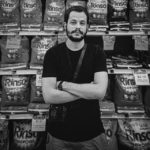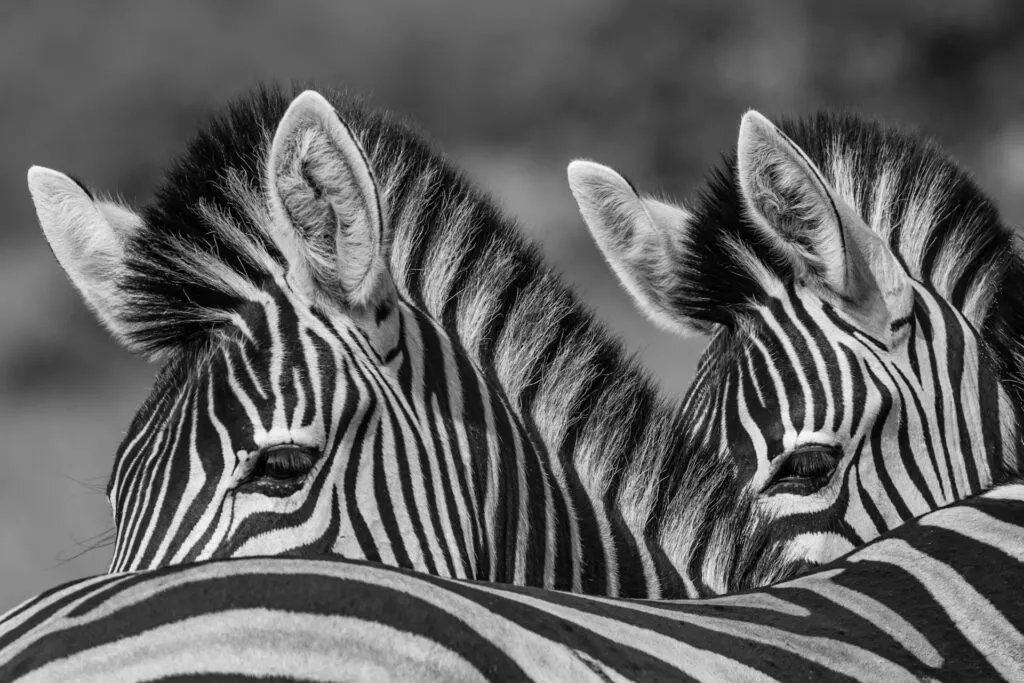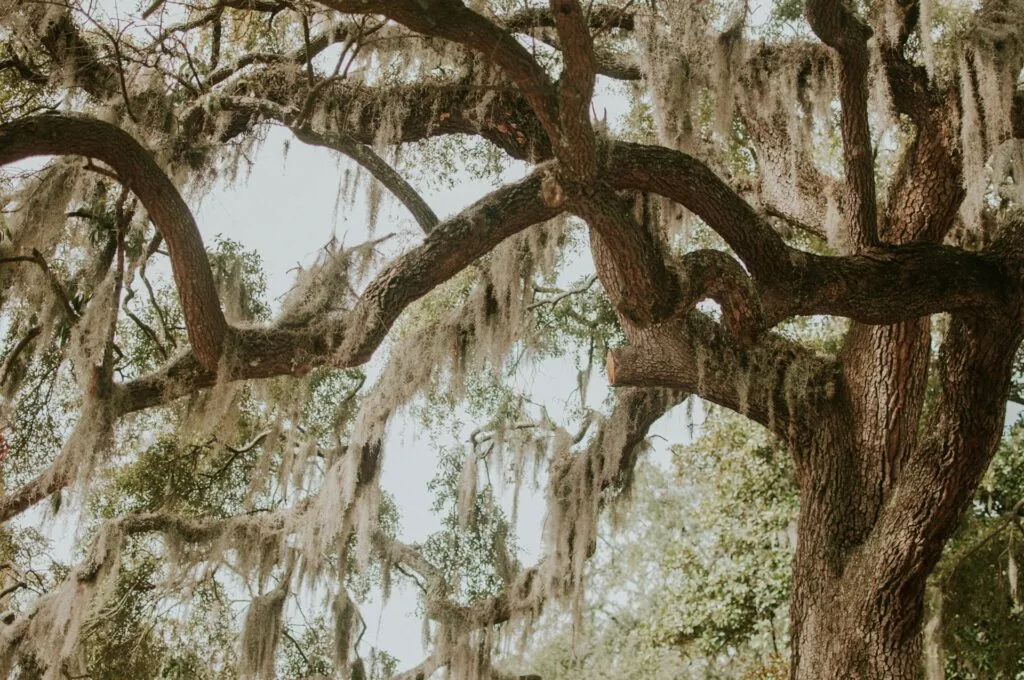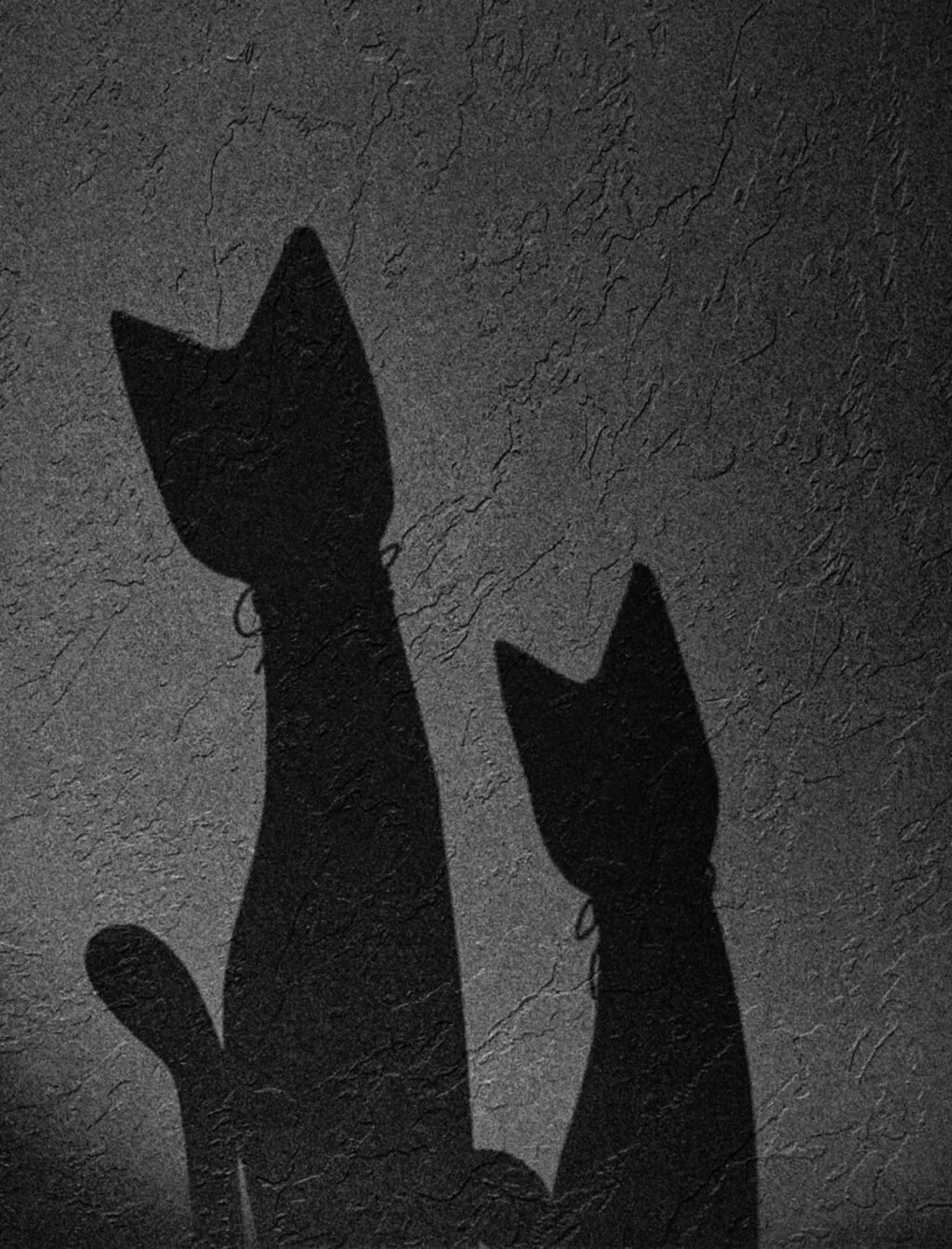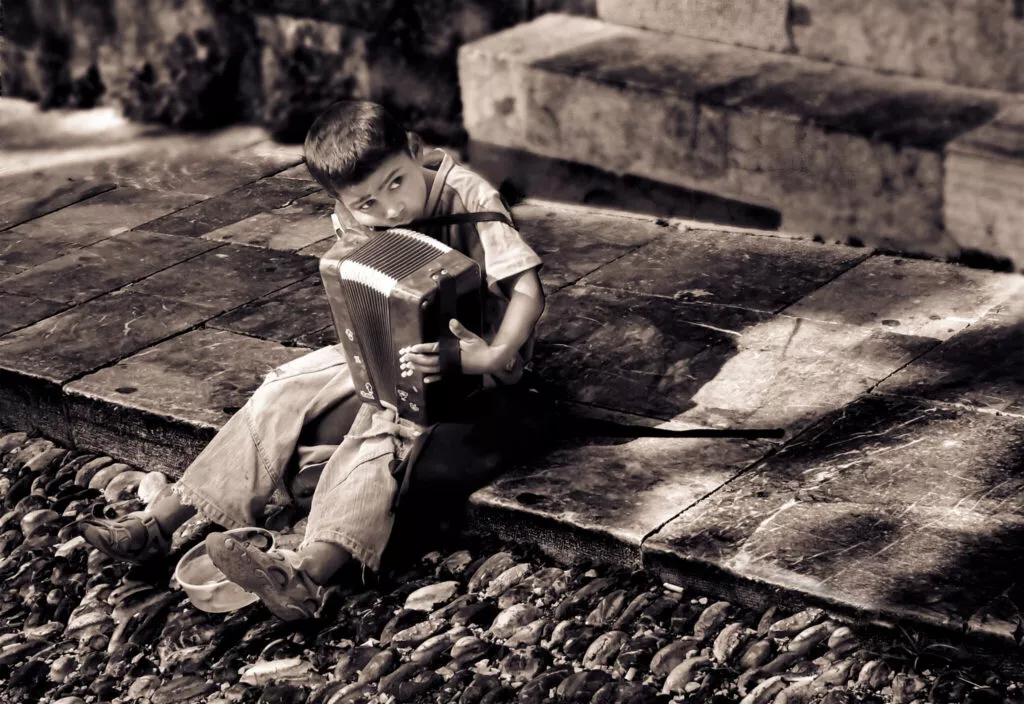It’s hard to know what you want to do for a living when you are 17 years old, and it becomes more stressful when you live in a culture that sees choosing a university career as the most important decision of your life.
This is how my adulthood began, more or less – I entered university when I was only 17 years old. Through high school, many career options had popped into my head – architecture, cooking, aviation, audio engineering, veterinary work, etc.
Frankly, I had no idea of what I wanted to study, and my parents gave me some wise advice: that I study something generic, and through study, I would get a clearer idea of what I wanted to really become (sort of).
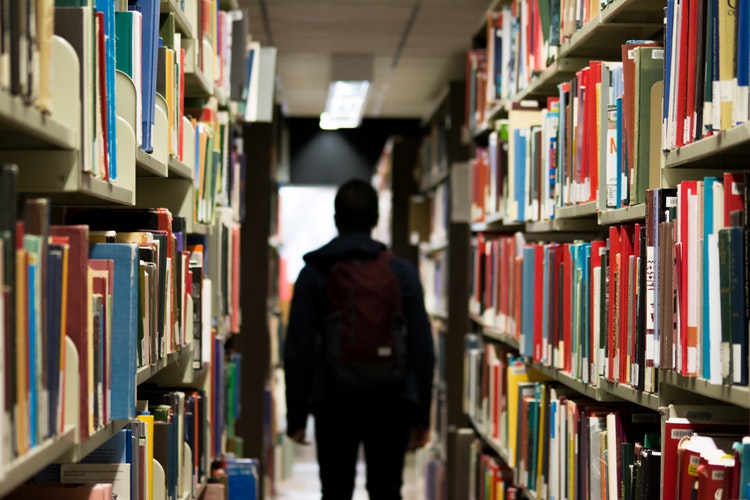
I entered Business School in 2007 and studied Business Administration, a fairly generic subject where you learn a bit of pretty much everything an average adult needs to know – from mathematics (which I must say I really like), law, accounting (which I hate with all my being), philosophy, marketing, sales, production, etc.
Many subjects opened up the panorama of what could be conceived as “the real world”. After my first year of studying business, I began to feel a creative tickle, similar to what I had felt in high school when I was looking into creative careers like audio engineering, architecture or transportation design.
My tickle craved satisfaction. I tried graphic design, and since I'm awful at drawing, I decided that it wasn't for me. Sometime after that, I discovered writing – more precisely, poetry – and that's when everything began to feel good.
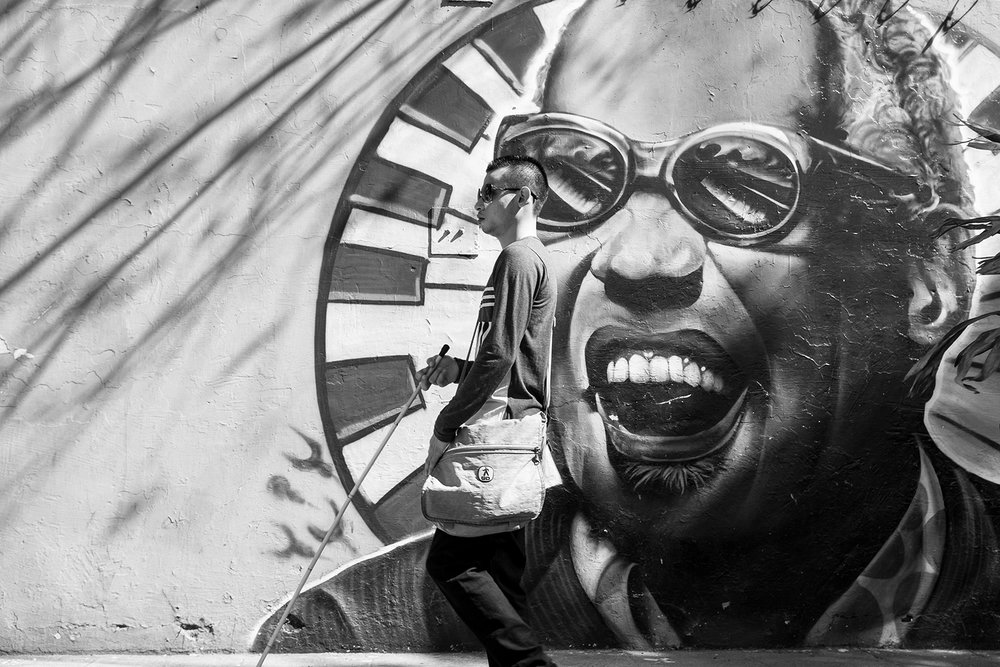
Poetry enriched my life, but I still wanted a visual aspect in my creative expression, and that’s when photography appeared to me again.
Again? Yes, again. When I was 10 years old, I had learned to take pictures with my dad’s Ricoh camera, but he was very careful with it and rarely lent it to me (even when he was nearby and supervising).
After realizing that I could capture what was in front of my eyes with that automatic film camera, everything became magical. Almost ten years later, photography surprised me again.
My mom bought a Canon PowerShot A1100IS camera, perhaps the most important camera of my life. I used it to take my first street photo, the one that triggered everything. Although it is a very poor image, taken directly in monochrome mode in jpg, it fills me with great joy to this day.
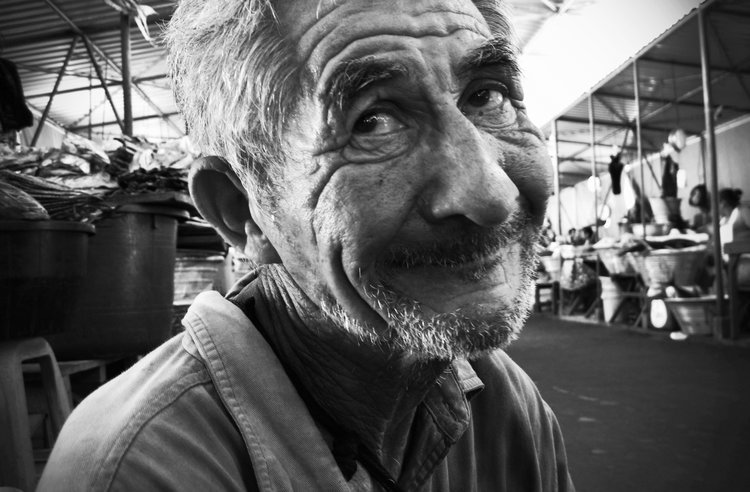
I started taking photos like everyone else, learning about the possibilities of the camera, learning about blurring (although it was a very limited camera, you still could achieve a slight level of bokeh), taking pictures of plants, doorknobs, and other random stuff.
With each shot, photography gave me more and more satisfaction. Now I was carrying three things in my life in parallel. First, my university career, because I don't like leaving things incomplete. So I finished my studies. Then it was poetry. And last but definitely not least, photography.
After an unfortunate incident in which I was robbed by two thieves with guns pointed at my stomach, I lost my precious A1100. But that unfortunate event didn't stop me from continuing to take photographs. I saved enough money to buy a camera like the ones the big boys used: a DSLR (an entry-level Canon 550D).
Photography was growing more and more inside of me, and I decided to focus on the streets because this genre of photography gave me the greatest satisfaction of all.
Around 2011, photography once again gave me a pleasant surprise – in a different medium, analogue photography. As the days went by, my passion for street photography grew stronger, and poetry slipped into second place in terms of my creative passion.
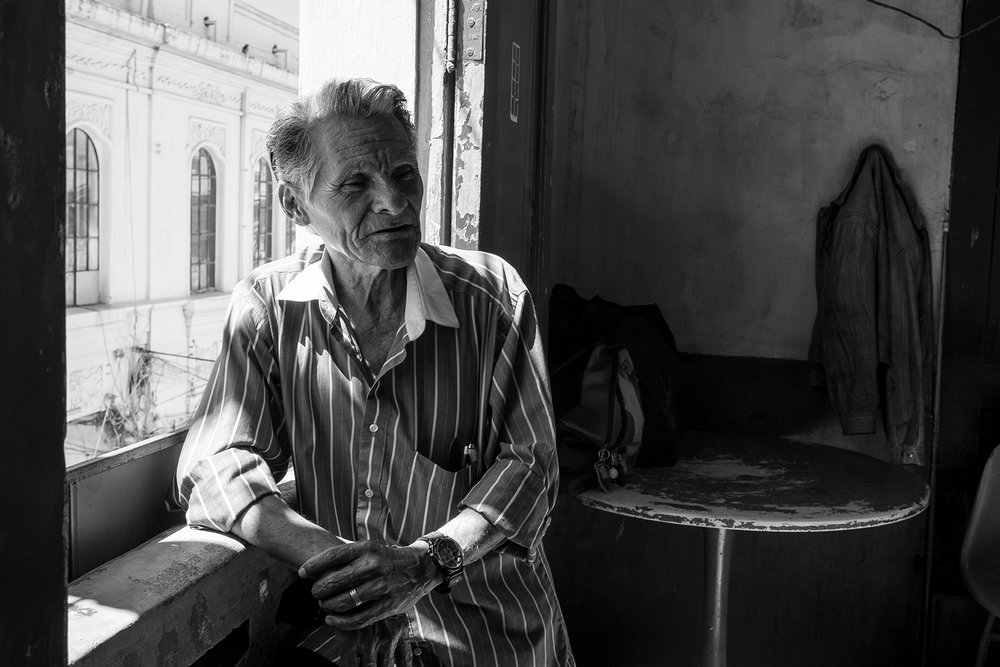
In my country, there is no academic “degree in photography” or something like that. However, there are good short courses, and I had the opportunity to take some of them, sometimes for free.
This was a good thing, now that I can think about it with a slightly more mature mindset because the gap in the academic offerings forces people to study two things simultaneously. I finished university in 2012 and started my MSc, which also had nothing to do with the world of visual creation.
It was focused on Quality Management, a subject I really enjoy, to be honest. Everyone asked me why I would study something like that, and not photography or something visual. But I wanted to study something scientific, and so I did.
Photography will always be part of my life, and as the great Josef Koudelka says, in photography, the learning never ends.
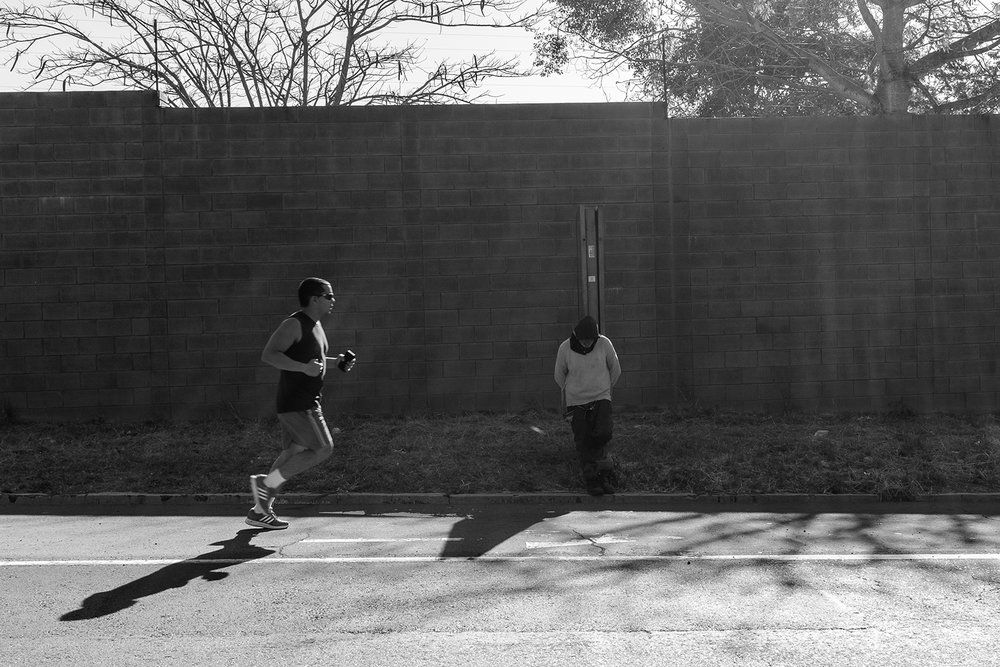
Writing returned to my life in a beautiful disguise in 2015 – as photography-related writing. Thanks to the wonders of the Internet, Light Stalking found me, and a new adventure began.
Nowadays, I am considered more a professional photography writer than a professional photographer. My photographs are mostly for me since I'm a street photographer.
Now, in 2018, I’m about to start my PhD, and photography will still be present as a beautiful companion and endless, exciting affair. My aim is to develop a thesis about the strong relationship between societal behavior and photography, but that’s a topic for another day.
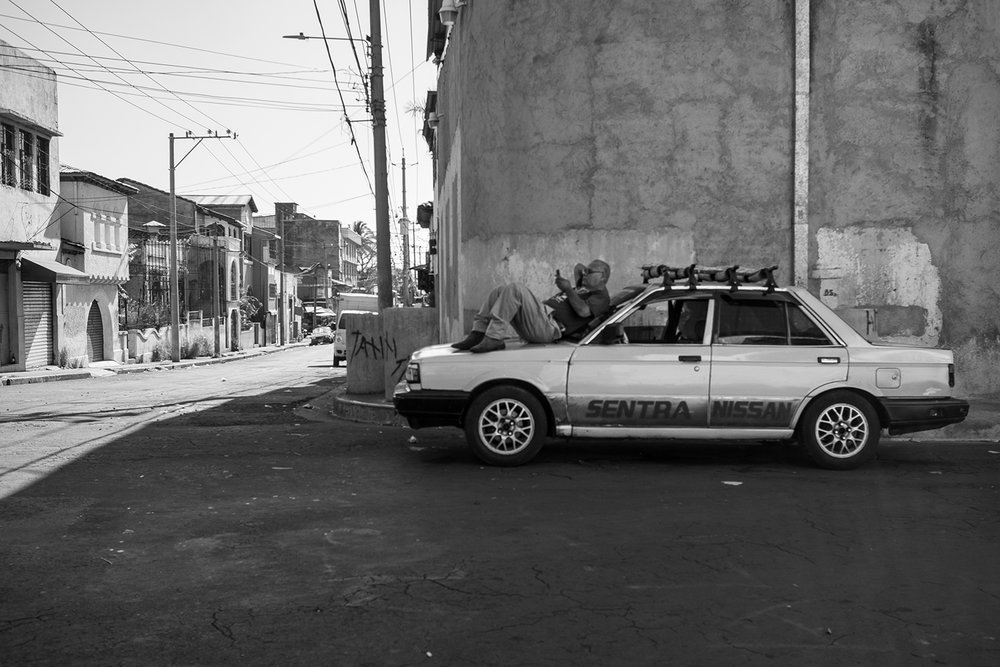
Photography came to me as a joyful and playful thing, and it never caused me any sort of stress. I play as a photographer, and since I’m always playing the photography role, there is nothing more exciting for me to do.
Now I have eight years of being seriously involved with photography, and I am sure my learning will never be complete. I hope it never is. The only advice I can offer people who are curious about photography is to practice every day, always keep a camera close to you, and never be satisfied.
Try to push yourself a little more every time, even though you will never reach perfection. But it won’t matter. The pleasure of constantly challenging yourself will always make it fun and enjoyable.
I'd love to hear how you found photography too, leave us your story in the comments below.

